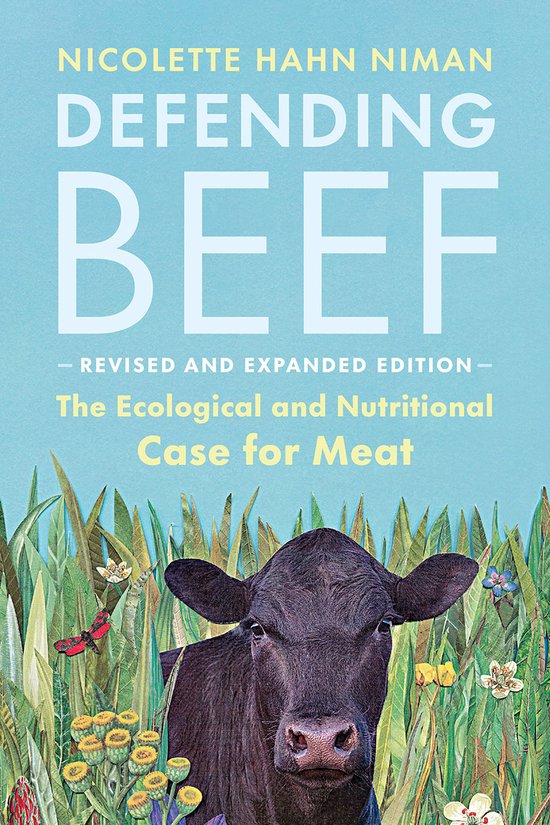We all need to understand the story behind our food. This is the strongest and most articulate case for understanding the central importance of grazing livestock in sustainable food systems that I've read. Patrick Holden, founder and chief executive, Sustainable Food Trust With more public awareness of the connection between health and diet, food, climate and farming, Defending Beef - a modern classic on sustainable food culture - has never been more timely. As the meat industry - from small-scale ranchers and butchers to sprawling slaughterhouse operators - respond to climate threats, a pandemic and the rise of plant-based and lab-produced meats, environmental lawyer turned cattle farmer Nicolette Hahn Niman delivers a passionate argument for responsible grassfed, meat production and consumption in this updated and expanded new edition of her bestselling Defending Beef. Hahn Niman dispels popular myths about how eating beef is bad for our bodies and the planet. The impact of grazing can be either negative or positive, depending on how livestock are managed. In fact, with proper oversight, livestock can play an essential role in maintaining grassland ecosystems by performing the same functions as the natural herbivores that once roamed and grazed there.Grounded in empirical scientific data and citing examples of regenerative agriculture from around the world, she illustrates how cattle can help build carbon-sequestering soils to mitigate climate change, enhance biodiversity, prevent desertification and provide essential nutrition.
